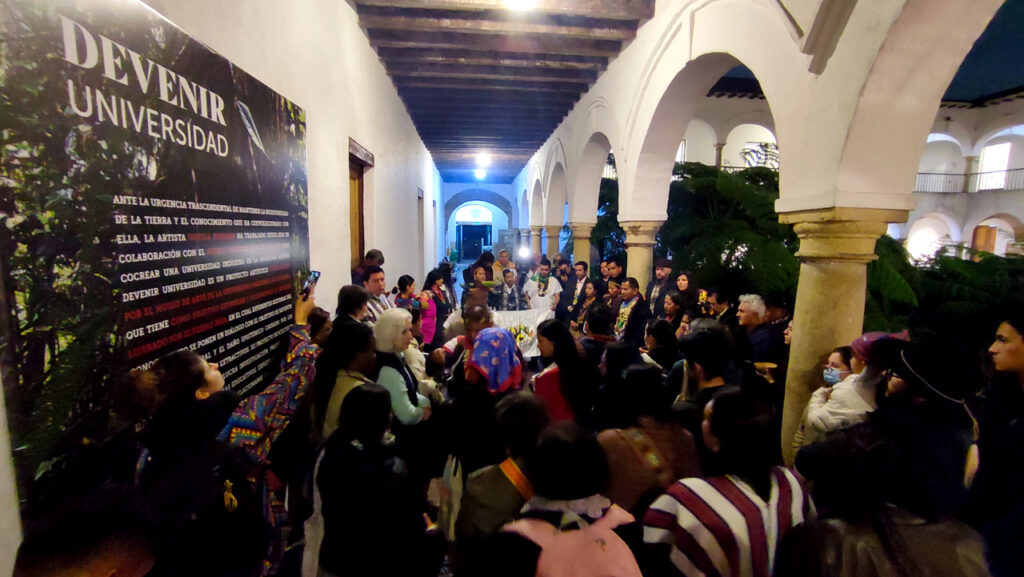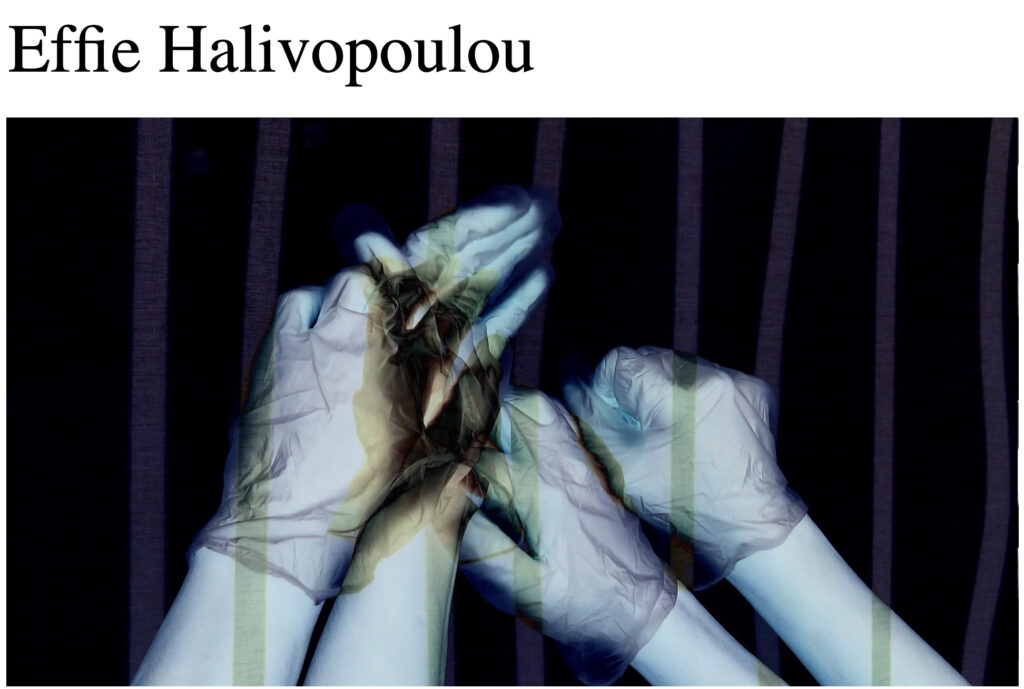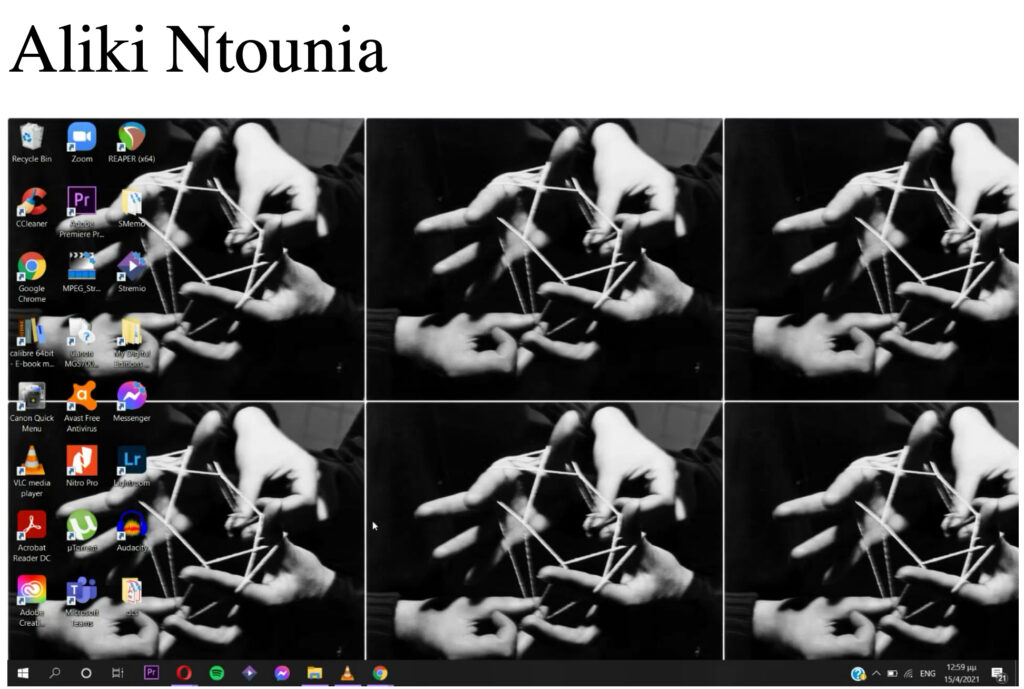(TO CARRY ON) On Study ACG Students & Teachers
“Well, when we are apart we are not alone. We are apart but with others, elaborating on our partnership through others and coming together in different configurations. There’s no sociality without coming together because being apart tempts you to think you are alone, rather than a part. It is capitalism that is social distancing. We want to hold each other, as our friend Fumi Okiji says, ‘without holding each other to anything.’ That’s our thing.”
On May 1, 2020, at the height of the pandemic wave, an interview with educators Fred Moten and Stefano Harney was published by the student paper “The Indy”, with the title, “When we are apart we are not alone.” They pondered on the imposed protocols of distance learning and the responsibility to radicalize school space and processes of learning and questioned the way that the language of “health” has been abused in favor of a governing discourse of safety and order.
Yet study is a far more complex and lively process than data-making-and-sharing within the mindset created by corporate globalization, the subsumption of nature, the suffocating unsustainable multiplication of debt, the perpetuation of absolute surplus value strategies, the consolidation of individuation.
Education’s agency cannot be overstated in the radical futures that need be realized.
This notebook sides with Fred Moten and Stefano Harney’s concept of study as described in The Undercommons: Fugitive Planning and Black Study: “…[study is] what you do with other people. It’s talking and walking around with other people, working, dancing, suffering, some irreducible convergence of all three.”
This notebook sides with radical pedagogical approaches that empower critical attention, experimentation and the collective groove; that alert us to the ceremonies we need to know well and abandon, as well as those we need to invent.
This notebook chooses to draw attention to an exceptional paradigm of transformational educational politics and the complicity between theory and praxis, aesthetics and politics, that it stages.
The biocultural project “Devenir Universidad” engages with, and contributes to, the collective weaving of a new university by the indigenous Inga community in Colombia’s Andean Amazon. As the territory becomes the university, conventional decision-making paradigms collapse and growth is reconstituted as part of an organism’s life where the coming together of various more-than-human knowledge systems thrive. Hernando Chindoy Chindoy, leader of the Indigenous Inga People of Colombia suggests, that this is a context of dialogue that may eventually need a new name. “We can call it pluriversity, Iachaiwuasi, or whatever. It has to be a meeting point for knowledge to reflect on how to support and reposition each other in less violent ways.”
Fieldwork artist and theorist Ursula Biemann initiated “Devenir Universidad” as a way to bring art into ecology by directly engaging with how indigenous cosmologies can be brought into dialogue with western philosophies and biocentric visions in science; by considering commonalities in the way reality-making is conceived and performative imagination can be activated.

This notebook also includes responses that ACG-Deree community members offered to the question of ceremonies.
Enter Aliki Ntounia, a former ACG-Deree student: “desktop 5. A frustrated performance” is her response that playfully wanders through and critically engages with this very project’s life and aesthetic strategy.
Enter Effie Halivopoulou, artist and Department Head (Visual Arts and Art History):
In “Pixterity II” she focuses on gestures of care and cure that, cut from history and circumstance, float within an (un)natural environment of mass-mediated sensations, bioengineered flows and globalized aesthetics. Conceptualized during the lockdowns, her video engages with trauma in physical, digital and social form.
)
)

